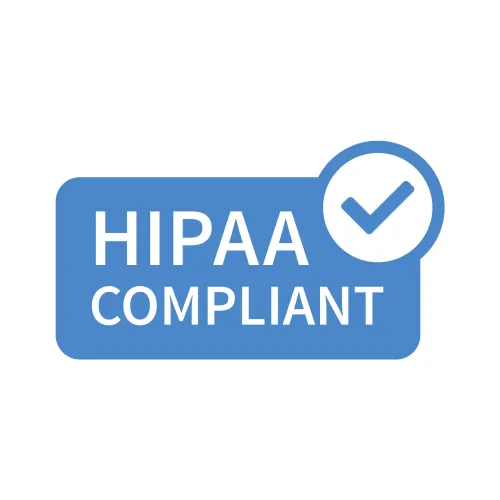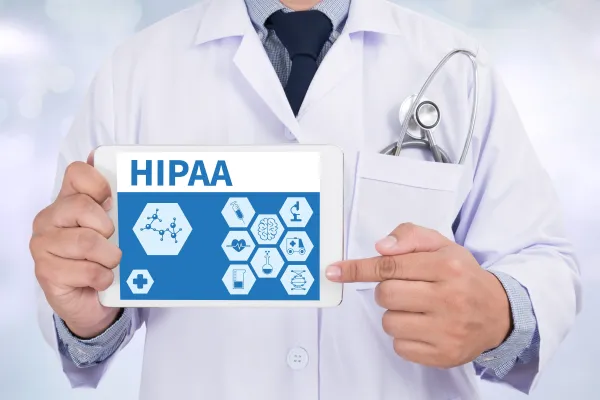Stay Alert on Self-Audit Frequency
Question: As the lead in our coding department, the practice manager recently placed me in charge of conducting self-audits. Could you tell me a bit about how, and when, to conduct self-audits? I’m starting at square one, so any help is appreciated.
Texas Subscriber
Answer: Even the smoothest-running coding machine can use some evaluation in the form of regular self-audits. The obvious benefit to self-audits is that they can help you diagnose coding issues and fix the problems before they get bigger.
“It is easier to fix a drip before it becomes a raging torrent,” reminds Steven M. Verno, CMBSI, CHCSI, CMSCS, CEMCS, CPM-MCS, CHM, SSDD, a coding, billing and practice management consultant in central Florida.
Experts recommend that you conduct self-audits at least annually, if not more frequently. The breadth and scope of your self-audits will depend on practice resources, obviously, but you should not go more than a year without evaluating your practice’s coding.
Also, remember that self-audit frequency isn’t set in stone. You might start out conducting self-audits every three to six months for a period to get yourself started, and then self-audit annually after that time period.
When, who should we audit? Obviously, most practices won’t be able to audit every service it codes, so it pays to target your audits. Some examples of audit hotspots are:
Opinions vary when it comes to deciding who should perform the self-audits. If you can spare the staff, your own coders could perform the audits, provided they aren’t the one that coded the claim initially. Be careful, however, as you don’t want to burn your coders out by adding self-audits to their workloads. You might also consider hiring an outside auditor to perform the self-audit, if you have the resources.
You also need to consider are you going to do these audits pre-billing or post-billing. If you self-audit post-billing, you should refund any money you might owe the payer — before they come asking for it.
Level 3 warning: Codes 99203 (… a detailed history; a detailed examination; medical decision making of low complexity) and 99213 (… an expanded problem focused history; an expanded problem focused examination; medical decision making of low complexity) are particularly concerning, as some providers are in the habit of “automatically” coding a level-three E/M for each patient. As a result, auditors are always on the lookout for too many level-three office E/M codes. Be sure you thoroughly vet your providers’ documentation on office E/M services, particularly on those mid-level E/Ms.
Providers that are used to billing 99213 for each established patient can also miscode their new patient E/Ms with 99203. This is because providers sometimes forget that 99213 and 99203 have different criteria, as their descriptors indicate. So be sure all your 99213 and 99203 claims are up to snuff during E/M self-audits.




